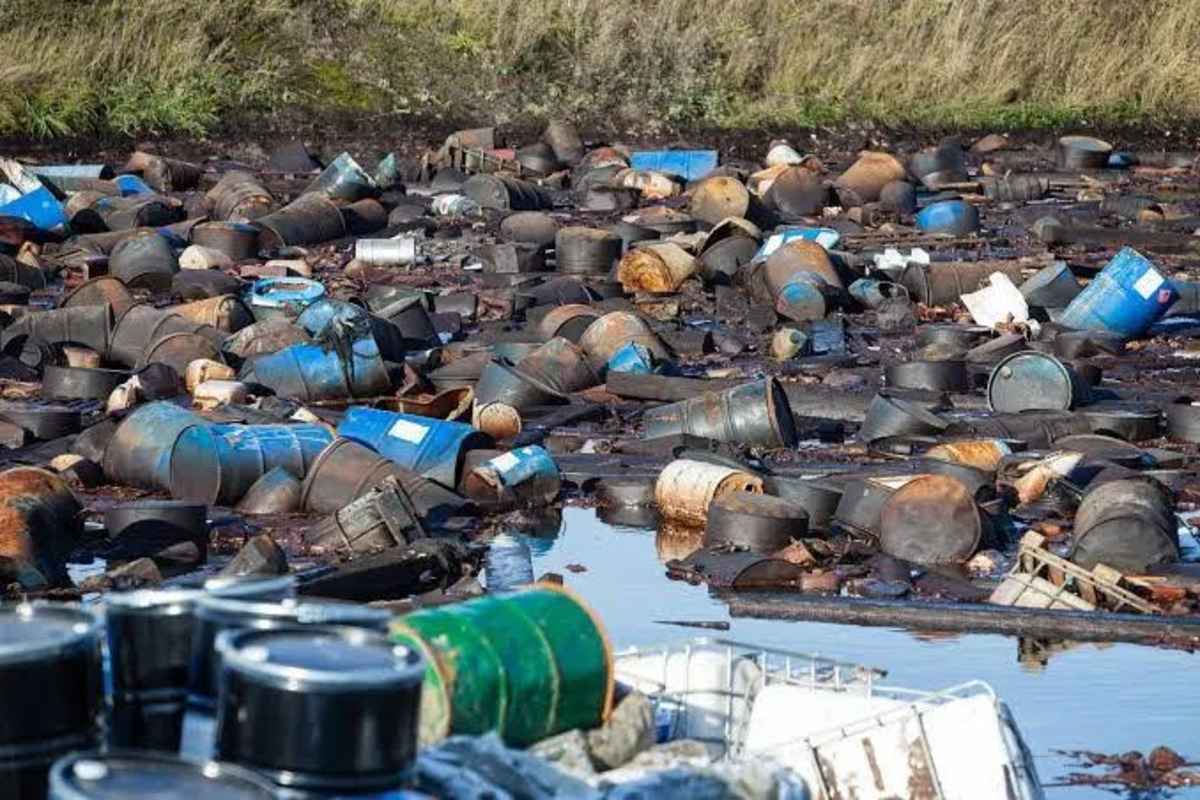A significant global step was taken this June as countries gathered in Punta del Este to launch a new international science-policy panel focused on chemical pollution and waste management. Modeled after prominent bodies like the IPCC and IPBES, this new panel is expected to offer scientific guidance on tackling chemical risks. However, despite progress, delegates fell short of agreeing on a core mission to safeguard human health and the environment.
Origins and Mission
This initiative stems from a 2022 resolution by the United Nations Environment Assembly. The vision: a fully independent body offering authoritative science-based advice on pollution and chemical safety. Positioned to address the broader “triple planetary crisis” — climate change, biodiversity loss, and pollution — the panel aspires to bring evidence and urgency to global decision-making.
Core Functions of the Panel
Once fully operational, the panel will serve several key roles:
- Spotlight Critical Threats: Identify major chemical pollution issues and recommend science-backed interventions.
- Support Developing Nations: Offer specific solutions and technical assessments tailored for low- and middle-income countries.
- Bridge Knowledge Gaps: Provide accessible scientific insights and highlight areas needing more research.
- Facilitate Global Exchange: Promote collaboration and knowledge-sharing, especially with countries needing support.
- Build Institutional Strength: Enhance global capacity to manage chemicals through training and support mechanisms.
Debates and Sticking Points
While the foundational document was adopted, critical sections remain unresolved. Content in brackets reflects ongoing disagreements—especially around:
- Observer Participation: Disputes over the role and rights of non-governmental observers in decision-making.
- Decision-making Mechanism: Whether decisions should rely on consensus or allow voting remains contentious. The emphasis on consensus, while inclusive, may slow urgent actions.
Gender, Inclusion, and Equity
Negotiations also became entangled over terminology. Some nations opposed using the term “gender,” favoring binary descriptors like “men” and “women.” This debate exposed wider tensions about inclusivity and representation. While the document nods to inclusive principles, it stops short of enshrining gender equity or balance.
Health Implications of Chemical Pollution
The health dimension of chemical pollution was highlighted by the World Health Organization. Substances found in everyday products—like food packaging—are linked to various diseases. In 2019 alone, certain hazardous chemicals contributed to nearly two million deaths globally, emphasizing the urgency for effective governance.
What Lies Ahead
Operationalizing this new panel will take time—likely three to five years. Countries must still agree on key procedural rules, a defined work programme, and sustainable funding models. The panel’s credibility will hinge on whether it can move from stalled diplomacy to real-world solutions for chemical safety and health protection.




